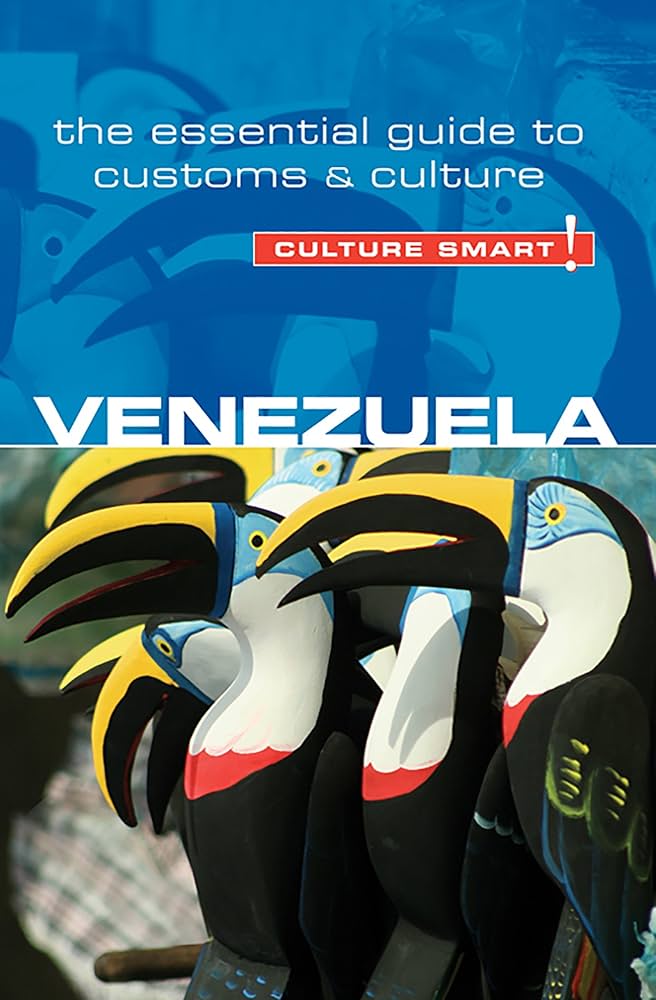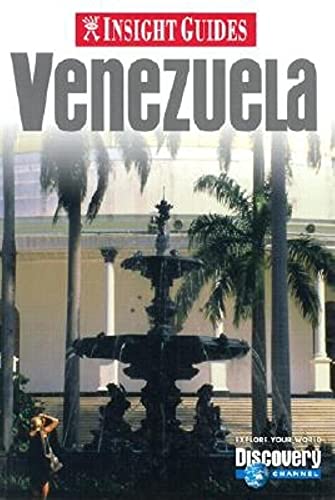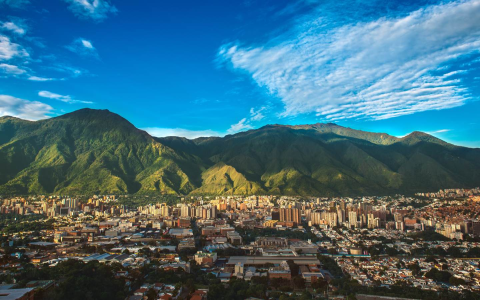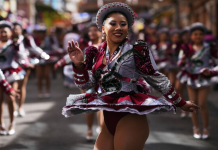So, I decided to spend some time looking into the way people talk in Venezuela. You know, the language. I figured, hey, it’s Spanish, right? I know a tiny bit of Spanish from school, mostly just “hola” and “gracias,” but I thought, how different can it be?

Well, let me tell you, that was my first mistake. Thinking it would be straightforward. I started by just trying to find some basic videos or articles online. My goal wasn’t to become fluent or anything, just to get a feel for it, maybe pick up a few common phrases people actually use there.
First thing I did was search for “Venezuelan Spanish.” And yeah, lots of stuff popped up. But a lot of it was mixed in with general Latin American Spanish guides. It took a bit of digging to find stuff that was specifically about how Venezuelans chat day-to-day. I really wanted to understand the everyday talk, not the formal textbook stuff.
I spent a good few hours just listening to clips, trying to catch the rhythm. It’s fast! Or at least it felt fast to me. And the slang, man, the slang is a whole other level. It’s like every country has its own secret code, and Venezuela is no different. I realized pretty quickly that just knowing “standard” Spanish wouldn’t get me very far in a casual conversation there.
My Little Experiment and What I Noticed
So, I tried to actively listen and pick out things. Here’s some of what I gathered during my little deep dive:

- They use “chévere” a lot for “cool” or “great.” I’d heard that word before, but it seems super common there.
- “Pana” for a friend, or buddy. That one seems pretty widespread in Venezuela.
- The word “vaina.” This word! It seems like it can mean almost anything – a thing, a situation, a problem, stuff. It’s like the ultimate multi-purpose word. I tried to use it in imaginary sentences in my head, like “pass me that vaina,” just to see how it felt. Still not sure I get all its uses.
- I heard they often drop the ‘s’ at the end of words, or kinda swallow it. So “más o menos” (more or less) might sound more like “ma o meno.” Trying to even hear that consistently was a challenge, let alone trying to say it.
- There’s a certain musicality to it, a lilt. It’s hard to describe, but it’s different from, say, Spanish from Spain or Mexico that I’ve heard in movies.
I also stumbled upon the fact that, like any big country, there are probably regional differences too. What someone says in Caracas might be a bit different from Maracaibo. That just adds another layer to it, doesn’t it?
My process was pretty simple: I’d find a video of someone from Venezuela just talking, maybe an interview or a vlog. I wasn’t trying to understand every word. Instead, I focused on the flow, the intonation, and trying to catch those unique words or phrases I’d read about. I’d pause, rewind, listen again. Sometimes I’d try saying a word out loud, which usually ended up sounding pretty ridiculous to my own ears.
I didn’t use any fancy apps or courses for this particular exploration. It was more about curiosity and just seeing what I could pick up from raw, real-life examples. It’s a bit like trying to understand a new genre of music by just listening to a lot of it.
Honestly, it was quite fascinating. It really drove home how a language is so much more than just a list of vocabulary and grammar rules. It’s got its own personality, its own shortcuts, its own in-jokes, almost. I barely scratched the surface, of course. You could spend a lifetime learning all the nuances. But it was a fun way to spend an afternoon, trying to connect with a culture through the way its people speak. Makes you appreciate the diversity even within a single language like Spanish. Definitely learned that “just Spanish” is a massive understatement when you start looking closely.










